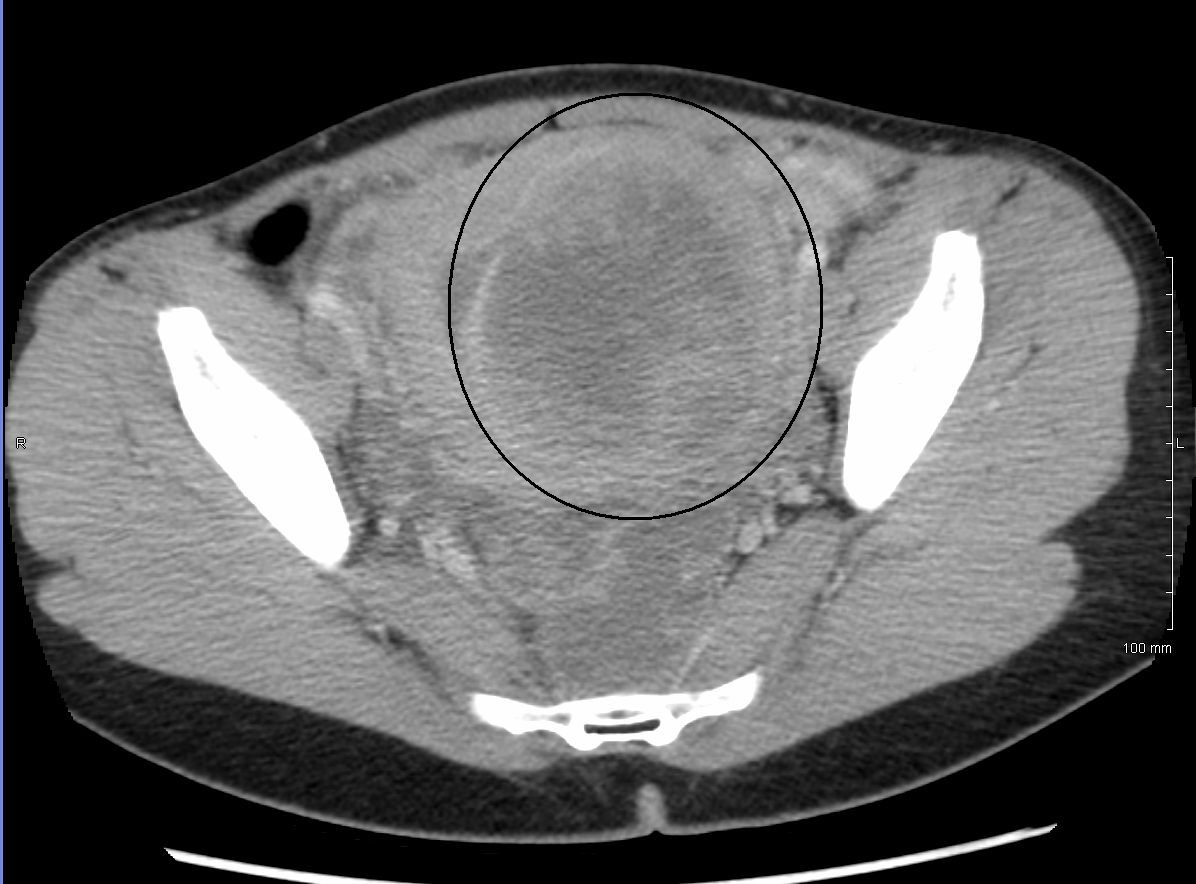When Should I Seek Help for Pelvic Pain?
Dec 30, 2022 10:31:01 AM Posted by Iowa Radiology
Both men and women experience pelvic pain for a variety of reasons. In many cases, pelvic pain goes away on its own. Sometimes, however, it can be a sign of a serious or chronic condition that needs treatment. Below are some of...
Help for Pelvic Congestion Syndrome
Dec 2, 2019 8:45:00 AM Posted by Iowa Radiology
Pain and periods often go together. More than half of women regularly experience pain during their menstrual cycle, which can sometimes interfere with the ability to participate in and enjoy everyday activities.[1] While many...
Pelvic Congestion Syndrome Can Cause Chronic Pain
Jun 29, 2018 10:59:00 AM Posted by Iowa Radiology
Many women experience pelvic pain during their lives. Often, this is a predictable aspect of menstruation. However, persistent pelvic pain that’s not related to the menstrual cycle can have a wide range of causes, including...
What Is Pelvic Congestion Syndrome?
Dec 17, 2017 9:05:00 AM Posted by Iowa Radiology
If you suffer from chronic pelvic pain, you’re not alone. It’s estimated that 10–15% of gynecological visits in the U.S. are scheduled to address this type of pain, and that it affects close to 40% of women.[1] Pelvic congestion...
Unexplained Pelvic Pain? It Could be Pelvic Congestion Syndrome.
Aug 14, 2015 3:50:52 PM Posted by Iowa Radiology
Many women have periodic pelvic pain – especially related to their period. But if you suffer from pain that doesn’t go away, it may be a sign of something more serious. Millions of women worldwide develop problematic, sustained...
-png.png)





